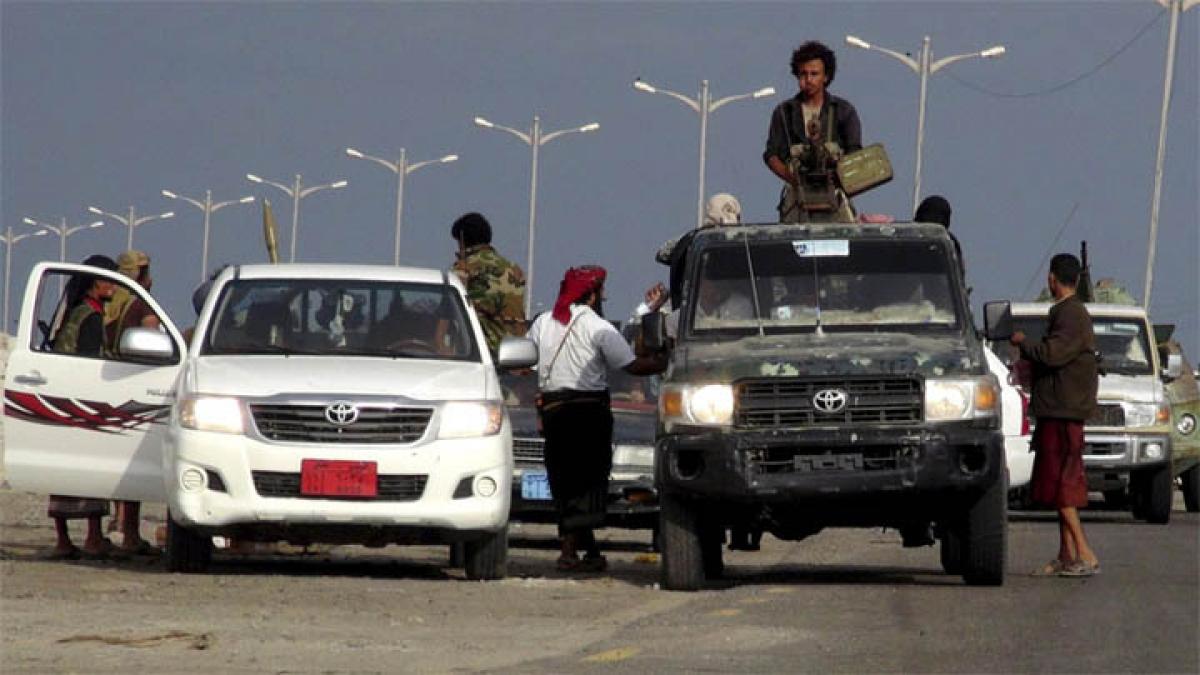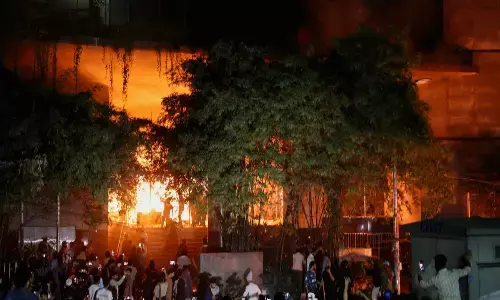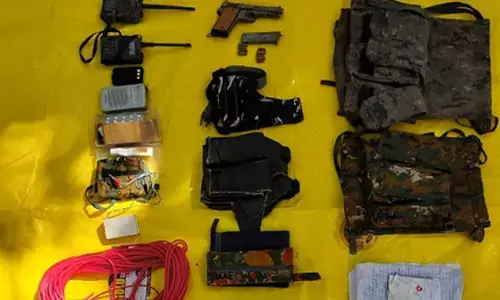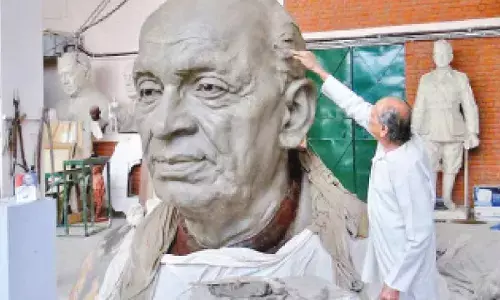The Only Solution to the Tragedy in Yemen: The Reconstruction of Peace and Love

The turmoil and conflict that began between the Shiite Houthis and Sunni Arabs in Yemen 2014 has today turned into a civil war involving almost the entire country. What we are looking at today, with the Arab coalition’s intervention in the civil war in March this year with air operations aimed at supporting the internationally recognized government, is destruction and disaster.
The turmoil and conflict that began between the Shiite Houthis and Sunni Arabs in Yemen 2014 has today turned into a civil war involving almost the entire country. What we are looking at today, with the Arab coalition’s intervention in the civil war in March this year with air operations aimed at supporting the internationally recognized government, is destruction and disaster.

The worst victims of this, as in all Islamic countries under fire, are innocent civilians. Hundreds of civilian targets have been hit in aerial bombardments. Thousands of civilians have been martyred.
Last Wednesday the U.N. announced that 5,700 people, including 830 women and children, had lost their lives since March 26. Johannes Van Der Klaauw, the U.N.’s humanitarian coordinator for Yemen, said that 21.2 million people, 82% of the population, are in need of humanitarian aid. Fourteen million people are deprived of adequate health care, 1.8 million children have been unable to go to school since the fighting began and some 320,000 children are malnourished.
Van Der Klaauw also reported that 120,000 people have had to flee the country as refugees, while 2.3 million people have had to leave their homes and lands. The number of human rights violations since the start of the war exceeds 8,800.
According to U.N. High Commission for Human Rights spokesman Rupert Colville, more than 2,300 civilians lost their lives between March and October 2015: Again, according to Colville, two-thirds of civilians in that time frame were killed as a result of air strikes. Colville says that this level shows that something is badly amiss and that the requisite caution is not being taken.
One recent example of the wide-ranging civilian losses is as follows:
Last September, at least 130 citizens were reported to have lost their lives in an aerial attack on the town of Mokha. Hassan Boucenine, the Yemeni head of mission at Doctors without Frontiers, stated that he was absolutely unable to attach any meaning to the attack, and that the target was not a military one, but explicitly a house where a wedding was taking place.
The policy of the U.S., which at first sight appears to be supporting the Sunni Arab coalition, is one of the striking aspects of the war in Yemen.
Although the countries in the coalition are not openly involved in the fighting, the U.S. is one of the powers that has been long been staging military operations in Yemen. Wishing to prevent the strengthening of al-Qaeda in Yemen in the wake of the Arab Spring, the U.S. stepped up unmanned aerial vehicle (UAV) attacks, thus intending to reduce al-Qaeda’s room to maneuver to a minimum. Intense aerial bombings were carried out in those parts of Yemen where al-Qaeda was strong. However, rather than achieving U.S. aims, these attacks made the organization look as though they had been wronged and this reinforced opposition to the U.S. among local people.
After October 2014, when the Houthis initiated their policy of expansion toward the capital, Sana’a, the U.S, made al-Qaeda a constant target of UAV attacks and even seemed to be backing the Houthi advance.
The U.S. has to date hit hundreds of al-Qaeda targets, but has never hit a Houthi one. The U.S. has also targeted tribes that oppose al-Qaeda that resist the Hothis’ policies of expansion. NabeelKhoury, a U.S. diplomat serving with NATO, says that many innocent civilians have lost their lives in every U.S. UAV attack, and that for this reason, for every person killed, 40 to 60 new ‘enemies of America’ emerge.
The Islamic world has a responsibility in this critical state of affairs, in which large numbers of Muslims are suffering, to strive to bring the fighting to an end as a matter of urgency and to spread a spirit of love, peace and brotherhood among all Muslims in order to bring this strife that sets brother against brother to an end. In doing so, it is also vitally important that all the needs of the Yemeni people, who are suffering terrible poverty and want and living in hunger and thirst, should be met without further loss of time.
However, even more than all these material requirement, what the people of Yemen need most of all, just like everyone else in the world, is love. Contrary to what people think, it is not weakness to regard love as the most important component in the establishment of social order. Indeed, societies with powerful bonds of love among individuals have always been far stronger in the face of destructive impacts from the inside or outside.
The Muslim people of Yemen, who until yesterday were living in peace and brotherhood, and who speak the same language and believe in the same God, can only be freed from these tragedies caused by division and dispute by re-establishing love among them.
Only when the whole Islamic world, not just Yemen, fully established bonds of unity, love and brotherhood within itself, can it rid itself of the wickedness and exploitation of foreign power that regard division and conflict among Muslim as a great opportunity, and be freed from military operations. Only then can it achieve peace, security, happiness and well-being.
By Harun Yahya
The writer has authored more than 300 books translated in 73 languages on politics, religion and science. He may be followed at @Harun_Yahya and www.harunyahya.com
Next Story



















